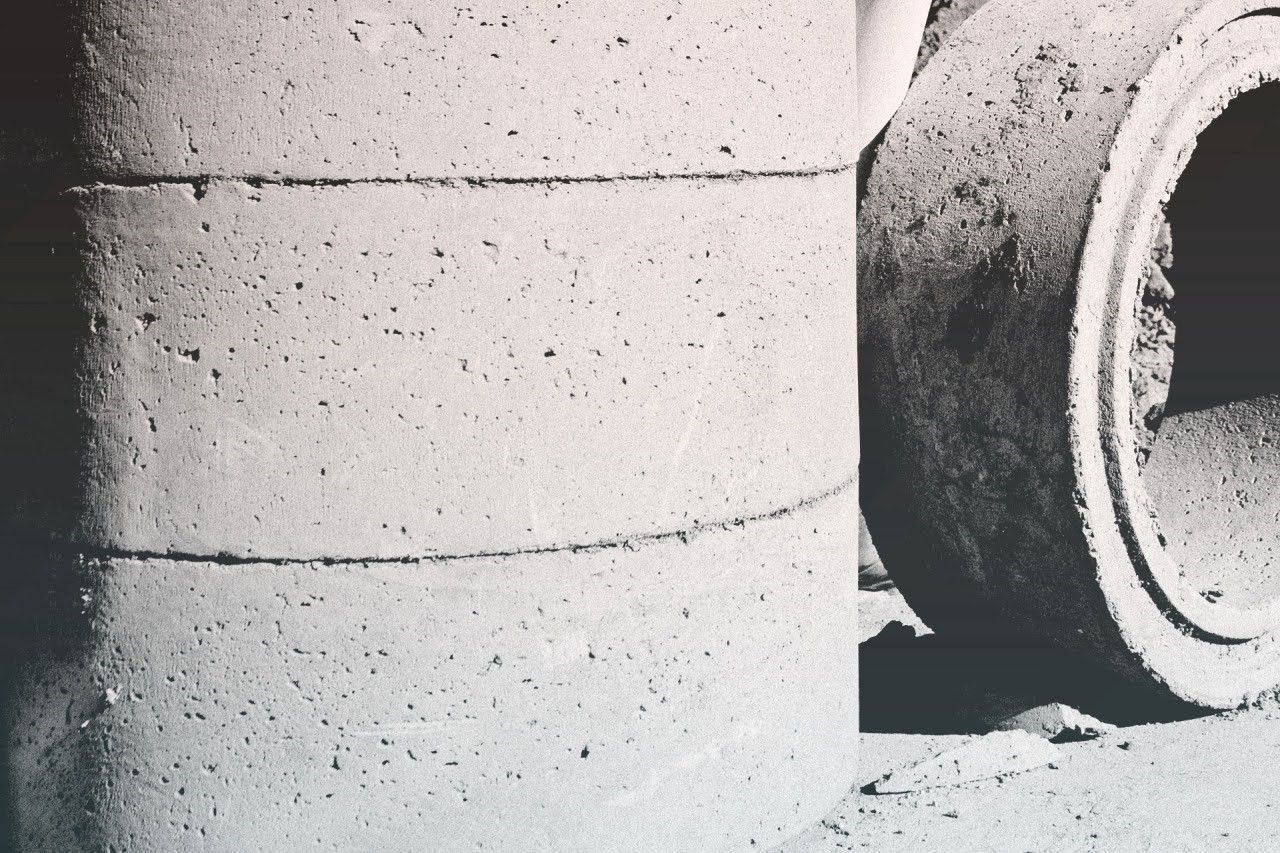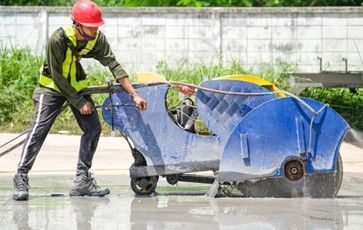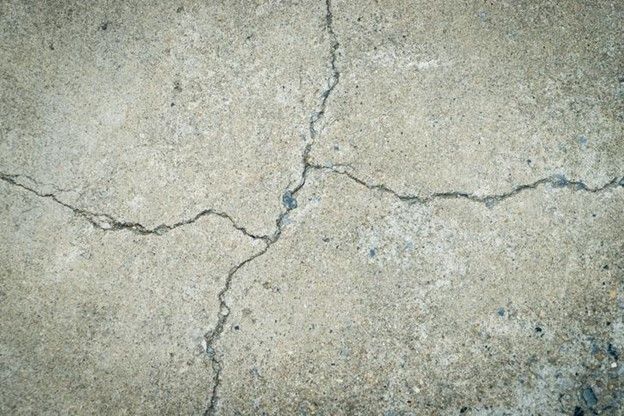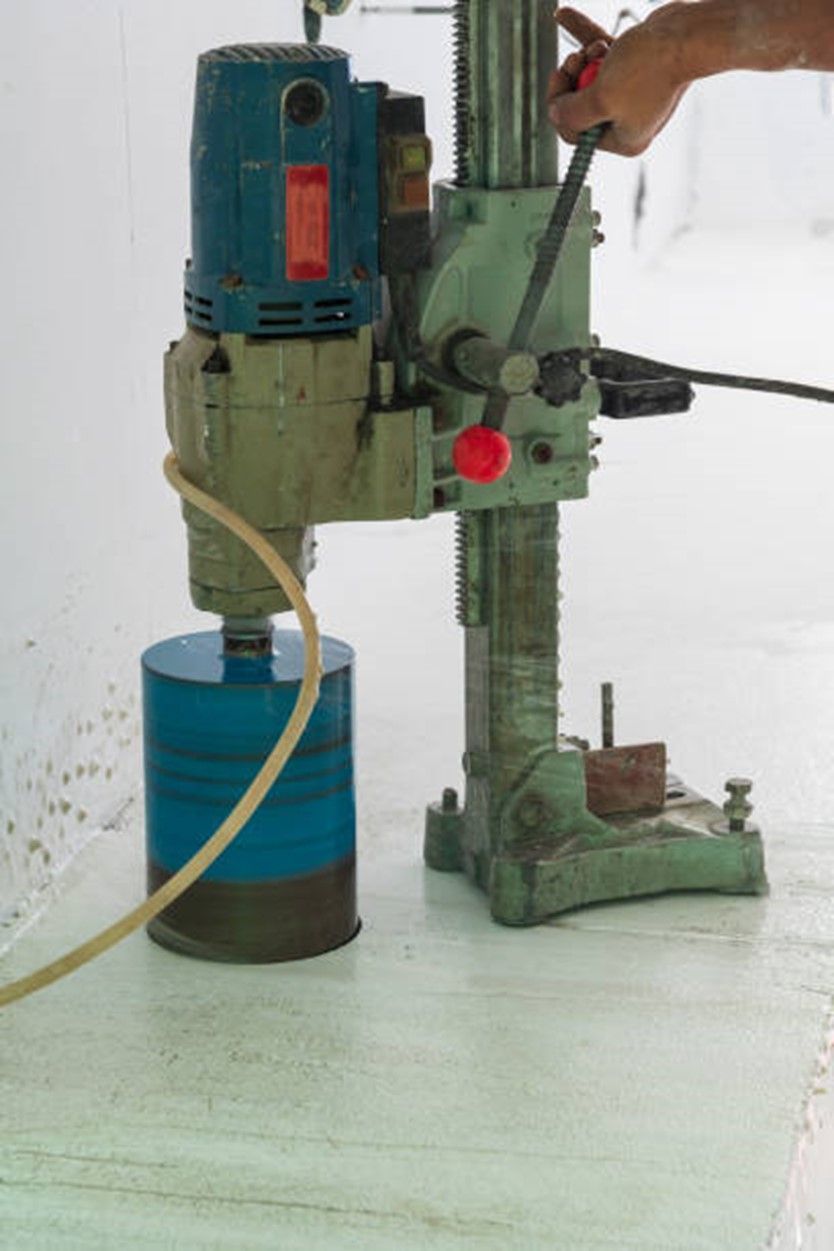Residential • Commercial • Industrial
Causes of Concrete Cracking
Concrete is one of the most durable construction products that you can use around your home. However, despite the workmanship of the concrete contractor, this material, which should be long-lasting and crack-resistant, still cracks, and you may notice cracking even in newly-poured concrete. So, why exactly does concrete crack? Read on to learn more.
Excess Water in the Concrete Mix/Hydraulic Shrinkage
Concrete requires a specific amount of water to achieve its maximum strength. However, in some cases, contractors may add too much water to the concrete to make the concrete easy to install. This excess water is also detrimental because it reduces the concrete's strength.
As the concrete dries, it hardens and shrinks due to the evaporation of the excess water that was used to mix it. The wetter the concrete mix, the greater the shrinkage. This shrinkage forces the slab apart, resulting in cracks. Therefore, concrete contractors should ensure that concrete is properly mixed and poured.
Concrete Drying Too Fast/Thermal Shrinkage
Thermal shrinkage mainly occurs in large buildings and structures. Once installed, the concrete undergoes a chemical reaction that causes it to go from a liquid to a plastic and eventually solid. This chemical reaction requires water and can take days or weeks after pouring the concrete.
If there is insufficient water for proper hydration, the concrete dries too fast, which results in cracking. Ensure proper dampness and temperature for the concrete to cure properly and gain enough strength.
Swelling in Concrete
Concrete may swell for many different reasons. However, salts such as sulfates are a primary reason for swelling. These salts are found in the soil that the concrete sits on. The sulfate reacts with the aluminate in cement and forms an expansive substance.
Swelling also happens because of the free water in the concrete and because of the oxidation in the concrete reinforcement. While all these phenomena are different in nature, they result in the creation of tensile forces within the cement and, eventually, cracking.
Corrosion of Steel Reinforcement
Concrete is alkaline in nature. Therefore, the material is used to protect steel reinforcements. However, the rebars may undergo corrosion and result in rust formation. The more rust formed, the higher the rebar volume, which causes tensile stress on the highly-alkaline concrete. As more corrosion happens, the concrete cracks and delaminates.
Steel may corrode for different reasons. For example, the presence of moisture may trigger the corrosion process. Furthermore, the presence of deicing and marine salts in the concrete and around the bars, which react with water, may trigger corrosion.
Improper Structural Design
Concrete may also crack as a result of improper structural design. In the case of reinforced concrete slab, the cement may have a low reinforcement ratio that results in lower slab capacity. So the slab may not be able to support heavy loads, eventually resulting in cracks.
Pouring Foundations in the Winter
Pouring foundations in the winter and then letting them go unheated can cause the development of cracks. The foundation will also develop cracks if the contractor pours concrete on an improperly compacted base.
Lack of Control Joints
Control or expansion joints allow the expansion and contraction of concrete as the weather changes. These joints form a break between other parts of the building and the concrete, so there is free movement without the stress that may lead to cracking.
If you want to work with concrete, you should work with professionals who have experience. At Capitol City Concrete Cutters, we have almost two decades of experience serving the state of Louisiana. Therefore, we have what it takes to perform every job with the highest level of professionalism and speed while ensuring worker safety. If you need help,
reach out to us today.









